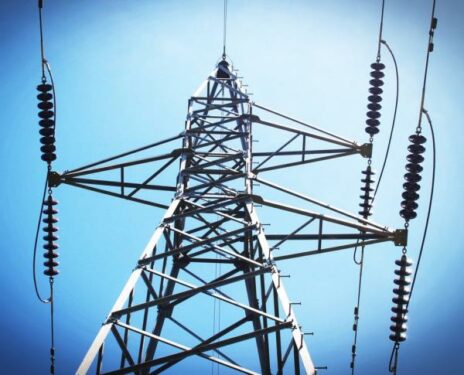Electricity regulators in the US have scrapped measures that prevented energy storage from competing in the country’s wholesale power markets.
The Federal Energy Regulatory Commission (FERC) voted on 15 February to approve a new rule that allows grid operators to use technologies including batteries and flywheel systems to dispatch power, set energy prices and offer capacity, energy and ancillary services.
The FERC said its order, which takes effect later this year, would “enhance competition and promote greater efficiency in the nation’s electric wholesale markets— and help support the resilience of the bulk power system”.
The CEO of the US Energy Storage Association, Kelly Speakes-Backman, said the shift “signalled both a recognition of the value provided by storage today, and more importantly, a clear vision of the role electric storage can play, given a clear pathway to wholesale market participation”.
Regulators had said in November 2016 that existing market rules “designed for traditional generation resources can create barriers to entry for emerging technologies such as electric storage”.
The FERC said the new rule “helps remove these barriers by requiring each regional grid operator to revise its tariff to establish a participation model for electric storage resources that consist of market rules that properly recognise the physical and operational characteristics of electric storage resources”.
The new rule also requires that the sale of electric energy from the wholesale electricity market to an electric storage resource, which the resource then resells back to those markets, “must be at the wholesale locational marginal price”.
BBB reported last month that the FERC had rejected proposals by the Trump administration to “subsidise” struggling coal-fired and nuclear plants over support for developing battery storage technologies.












